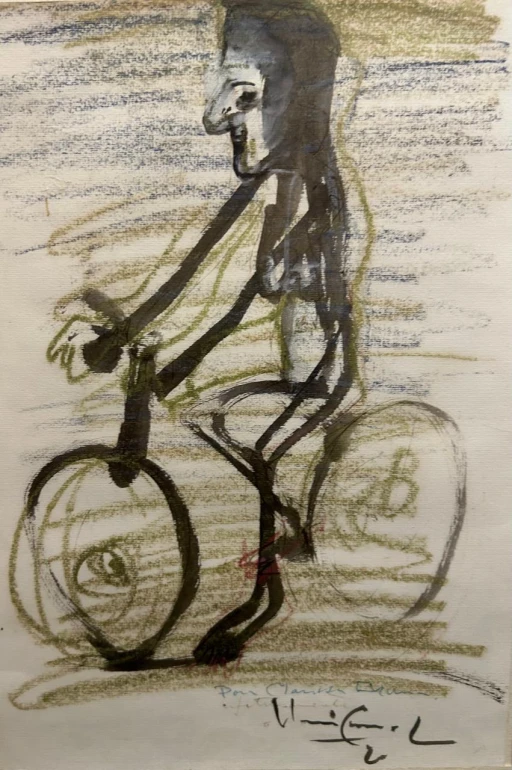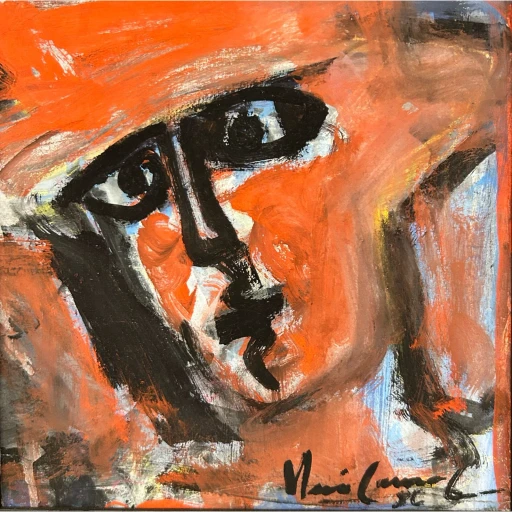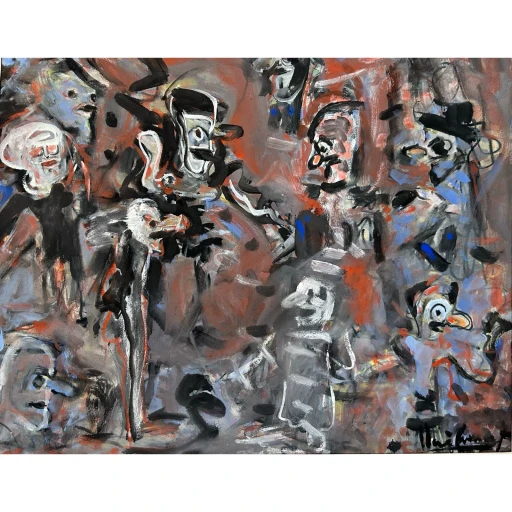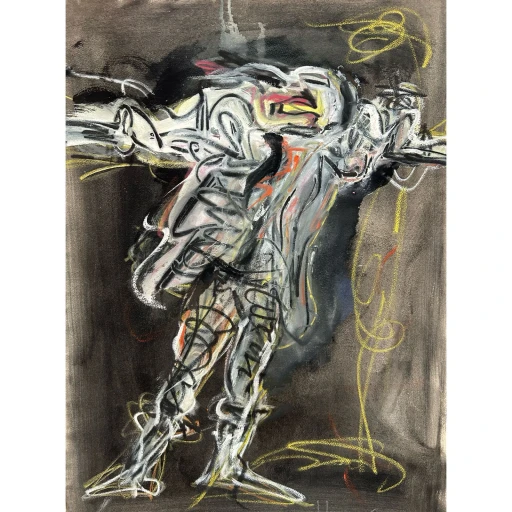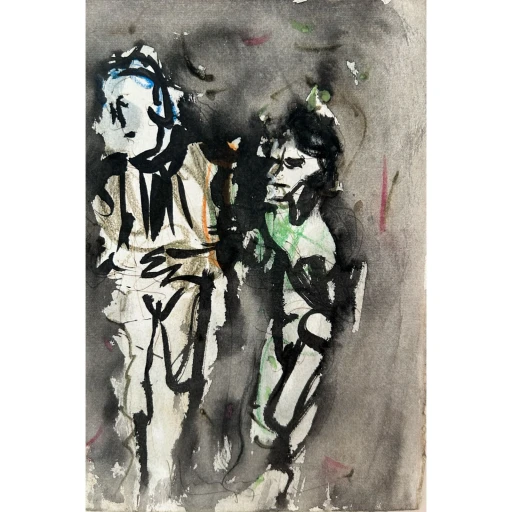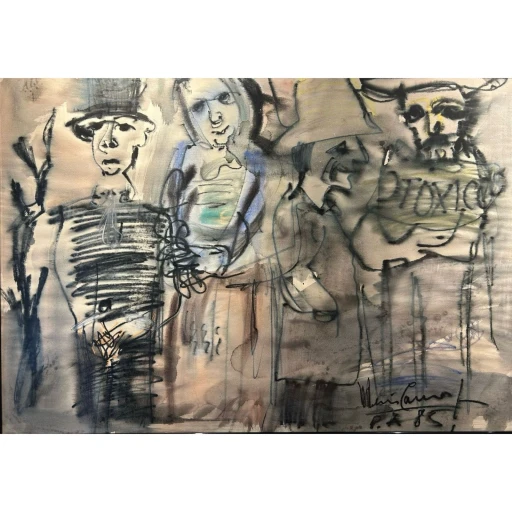Ibere Camargo
The son of Viação Férrea employees, Iberê (1914-1994) spent his childhood in the interior of Rio Grande do Sul, whose desolate landscape was decisive for the exercise of his gaze and for establishing the moral principles that guide his thought. In 1942, he settled in Rio, where he studied under Guignard. In 1948, thanks to the Travel Prize he won at the Salão de Arte Moderna, Iberê went to Europe, where he studied with De Chirico and André Lhote - a fundamental period in the development of his vision. When he returned to Brazil in the early 1950s, he was already invited to participate in the 1st SP Biennial. Since then, Iberê has held countless collective and individual exhibitions in Brazil and abroad. He founded the metal engraving course at the Instituto Municipal de Belas Artes in Rio (1953), a constant activity for the artist. Iberê's work has been making a name for itself since the 1960s, although it is not quite on a par with the international production that has taken place since then. From 1982 onwards, Iberê moved back to Porto Alegre, where he lived until 1994. In 2008, the Iberê Camargo Foundation was inaugurated in the gaucho capital, which brings together the precious collection of around 4000 works donated by his widow, Maria Coussirat Camargo.
Artworks of this Artist
Procurando a obra que mais combina com você?
Converse com nossa equipe para uma consultoria exclusíva com obras de sua preferência.
Fale Conosco



